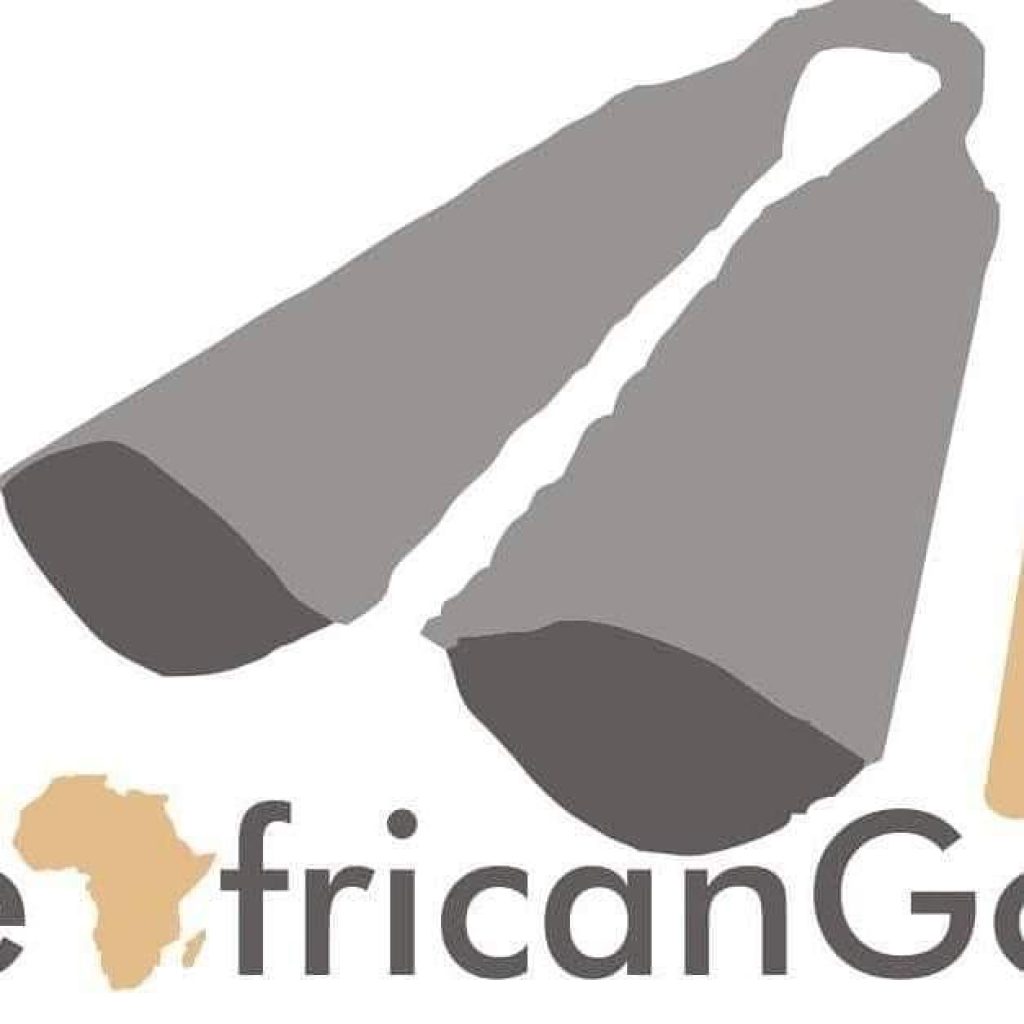
By Frank Meke
There are significant signs clearly showcasing the dysfunctional operational lacuna in the ministry of culture , tourism, and the creative economy. The ministry is not new but remains the most unsettled in this administration in the past one year.
First, seven new permanent secretaries were sworn in on Monday and non of them deployed to the disorganised ministry of culture and tourism, unfortunately disabled by the minister Barrister Hannatu Musa Musawa
Secondly, and just a few days later, Ms Mo Abudu visited the Vice President, kashim shettima to share her Niaja creates initiative, a vehicle of culture tourism excellence expected to debut in the summer in London. Mo Abudu is a notable industry queen, pioneering the private sector creative economy and a media mogul.
Hannatu Musa Musawa, Minister of Culture and Tourism, was into that meeting. Indeed, and it’s not a gist associated with the rumour mill of the creative community, Hannatu Musa Musawa is not the best of pals with leading clan heads in the creative and cultural sub sectors. Tourism is an added trouble for Hannatu Musa Musawa.

Let say that suspicions by the sector’s key players to Hannatu’s controversial mistakes and overbearing presence , which could be felt across the country and have in many ways negatively impacted the desire for a united front for the sector, is telling like a misty morning.
Apparently, dependent on a disoriented multi layer of consultants and aides, the minister inadvertently drove a big wedge between her ministry and the organised private sector players, some with credible international and local connections and assets worth billions of naira. No good leader ignores the potent power of an organised private sector.
And as if that unfortunate but available disconnect has not hurt government desire to clinically diversify the economy and birth much awaited cultural tourism and creative economy, Hannatu’s endless aggressive push to birth a self centred administrative structure as against the established institutional structure of the federal civil service, aided the bitter suspicions of her true pedigree as a matured political overseer, thus muddling up the system and making the entire operational environment very, very toxic.
Determined to ignore the challenges of organising the sector democratically and leveraging on the goodwill of industry players, Hannatu’s lone show to drive and run the sector on her terms, whims and caprices and with numerous aides , some of them with transactional outlooks and without deep cultural and institutional experience or memory, stonewalled opportunities to report any positive gains in the sector in the past one year plus.

The tales of infighting in the ministry are on the streets of Abuja and easily the gist agenda at most drinking bars across the country, an administrative rot in the ministry, with the official government structured workforce, pinned to the wall by the minister with a bus load of aides, some accessing and profiling secrets files of government. That gambit questions the integrity of most policies and actions of madam minister, birthing dysfunctionality in any organised engagement to better the lots of Nigerian people who have been made to believe that the entire gamut of the industry can provide needed jobs, employment and cash mint.
Honestly, I admire Hannatu’s courage to be at the forefront of any international engagements with or without the president, but her failing is squash and not people centric, erratically distancing away those who could help accelerate the sector and give it a credible bite.
She’s certainly suspicious of industry gatherings and opposing views and, in the past one year or thereabout, Hannatu had strived to remain in government for herself alone, her miserable aides, and to protect her pride.
Project Creative and Tourism Infrastructure Corporation ( CTIco) is a template of Hannatu’s endless aggressive push, which is not well thought through and indeed deliberately provokes institutional structure and memory to resist the document.
I wonder what this special purpose vehicle would do better than a well motivated, inspired, and recalibrated multi sectorial agencies under the ministry? Is Hannatu’s CTICO a damn judgement against the thirteen agencies under her ministry?
If Project CTICO is allowed to flourish, certainly there’s no need to fund the agencies under the ministry and let no one decieve us that Hannatu CTICO is magic wand to process our carnival dance to the promised land.
Apart from failing the approval and sanctification by the same private sector which just woke up to the announcement, the mechanics and birth of CTICO lack deep consultative inputs and constitutional assessment.
Now, like Winston Churchill , I worry about phantom statistics generated from nowhere to justify the bewitchment of our political highflyers at the centre to approve a document that didn’t undergo constitutional integrity test.
To many who could do some elementary research on Hannatu’s cultural policy foray in the past one,deploying mostly poorly informed public channels, her quest to bamboozle us with mouth watering 100 billion dollars ( not our naira) and also create two million jobs in the past one year, lends credence to late British Prime Minister, who frowned at statistics as heavily tinted lies.
Winston Churchill angry at the proponents of statistics, screamed that the world of economy and politics is ruled by lies, damn lies and statistics. Hannatu unrepentant generous use of statistics to flourish project CTICO is dead on arrival. Nigeria’s private sector won’t swallow it except those who wish to use the project as spv to fret away our cultural and heritage resources.
Last week, Federation of Tourism Associations of Nigeria president, Mr Nkereweum Onung went public to admonish the minister to carry the private sector along in tourism related concerns, particularly in promoting Nigeria tourism industry outside the country. Timely you may say but that public outcry underscores the gap between the minister and the organised private sector to which CTICO hinges it operational survival.

A public and private sector quoted company to drive infrastructural needs in the culture and tourism space, certainly targets the obliteration of the over thirteen or fourteen government parastatals with mandates to provide and organise same initiatives. If CTICO lives, then we should say goodbye to all appointees in our agencies. They must be surplus to requirement.
A distractive dream and laden with legal landmines, CTICO in a country with high corruption index, may end up as crocodile tears for the industry and government. Efcc may sooner than later will be looking for the directors who certainly would bring more infrastructural opportunities to bear.
